For space photography backups, you’ll find three excellent free cloud options. Google Drive offers 15GB storage with Google Photos integration for easy organization. Mega Cloud provides a generous 20GB with end-to-end encryption to protect your valuable astronomy shots. Flickr allows 1,000 free photos with robust tagging and community features to showcase your celestial captures. Each platform delivers automatic backups and accessibility from any device. Discover how these solutions can transform your astrophotography workflow below.
Google Drive: Stellar Storage for Astronomy Enthusiasts

Five key features make Google Drive an ideal storage solution for space photography enthusiasts.
With 15 GB of free storage, you’ll have ample space to back up your photos of cosmic wonders without spending a penny. The platform’s support for various file types, including RAW formats, guarantees your detailed astrophotography maintains its quality in the cloud.
Google Drive’s automatic backup feature works seamlessly with your mobile device, securing your space images without manual intervention.
The user-friendly interface is accessible from anywhere, allowing you to manage your astronomical collection on the go.
Plus, integration with Google Photos enhances organization and sharing capabilities, with powerful search tools to quickly locate specific celestial shots in your growing library.
Mega Cloud: Secure Celestial Image Archive
While Google Drive offers robust storage options, Mega Cloud elevates your space photography backup experience with a generous 20 GB of free storage—5 GB more than its competitor.
Mega Cloud: 20 GB of free cosmic canvas—5 GB more space for your stellar masterpieces than competitors offer.
This secure cloud service protects your valuable astrophotography files through robust end-to-end encryption, ensuring your celestial masterpieces remain private.
- Your cosmic portfolio deserves the peace of mind that comes with automatic backups
- Feel the freedom of accessing your entire celestial archive anywhere, anytime
- Experience the satisfaction of seamless organization through a user-friendly interface
- Enjoy the community connection when sharing folders with fellow stargazers
- Rest confident knowing your astronomical treasures are protected by military-grade encryption
Mega Cloud stands out among online storage services for astrophotographers seeking both security and substantial free space.
Flickr: Astronomical Community and Gallery Platform

Beyond mere storage, Flickr transforms your space photography backups into an engaging social experience. With 1,000 photos available for free users and unlimited storage for Pro account holders, you’ll find ample cloud storage space for your astronomical photography.
| Feature | Free Account | Pro Account |
|---|---|---|
| Storage | 1,000 photos | Unlimited |
| Upload Options | Auto from devices | Auto from devices |
| Organization | Tags, albums | Advanced tagging |
| Community Engagement | Basic access | Full access |
You can automatically upload images from your smartphone or computer, then organize them using Flickr’s robust tagging system. Join astronomy interest groups to showcase your work and connect with fellow enthusiasts through photo contests and collaborative projects—turning your backup solution into a thriving community platform.
Frequently Asked Questions
Is There a Free Unlimited Cloud Storage for Photos?
No, truly free unlimited cloud storage for photos doesn’t exist. Most services offer limited free tiers (2-15GB) or impose restrictions. Google Photos ended their unlimited option in 2021, requiring paid plans for extensive storage needs.
What Is the Cheapest Cloud Storage for Photographers?
Based on the information provided, Icedrive is your cheapest option at $1.67/month for 150GB of secure storage. If you need limited space, you can’t beat Google Photos’ 15GB free tier to start.
Where Can I Store My Photos to Free up Space for Free?
You can store photos free on Google Photos (15GB), Dropbox (2GB), Microsoft OneDrive (5GB), Flickr (1,000 photos), or iCloud (5GB). Each service automatically syncs from your devices to free up space.
Which Cloud Is Best for Storing Photos?
The best cloud for storing photos depends on your needs. Google Photos offers 15GB free with AI organization, while Apple iCloud works seamlessly if you’re in their ecosystem. Dropbox and Flickr provide good alternatives too.
In Summary
You’ve now got three excellent cloud options for safeguarding your cosmic captures. Whether you’re choosing Google Drive’s versatility, Mega’s robust security, or Flickr’s community features, you’ll never lose those perfect nebula shots again. Don’t wait until your hard drive crashes to protect your astronomical portfolio. Start uploading today and focus on what matters most—capturing the wonders of our universe through your lens.
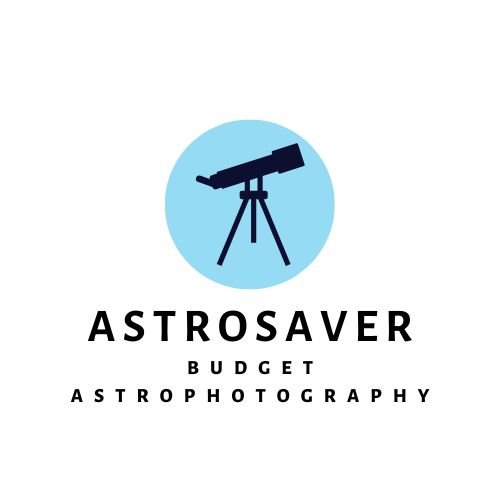
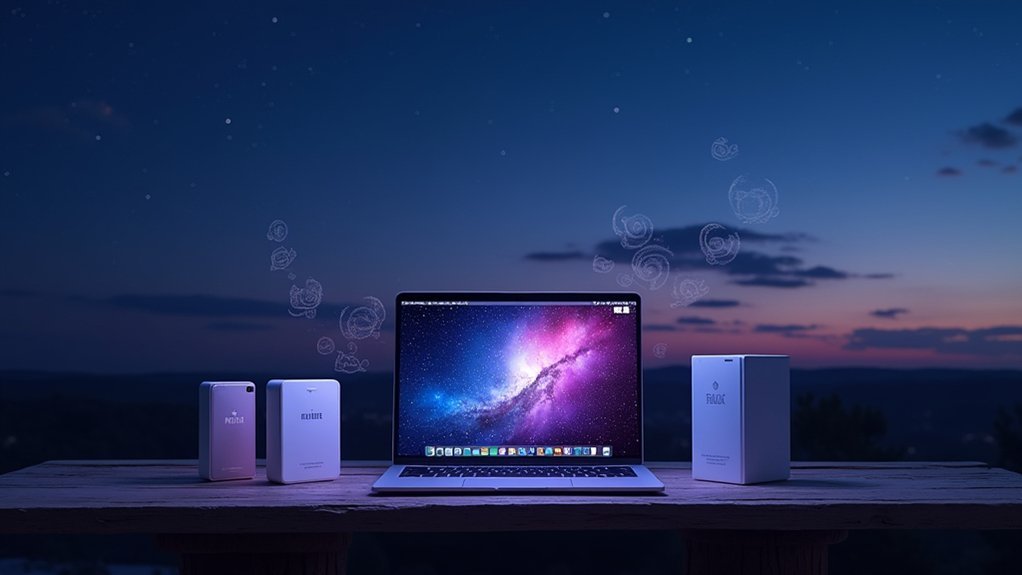
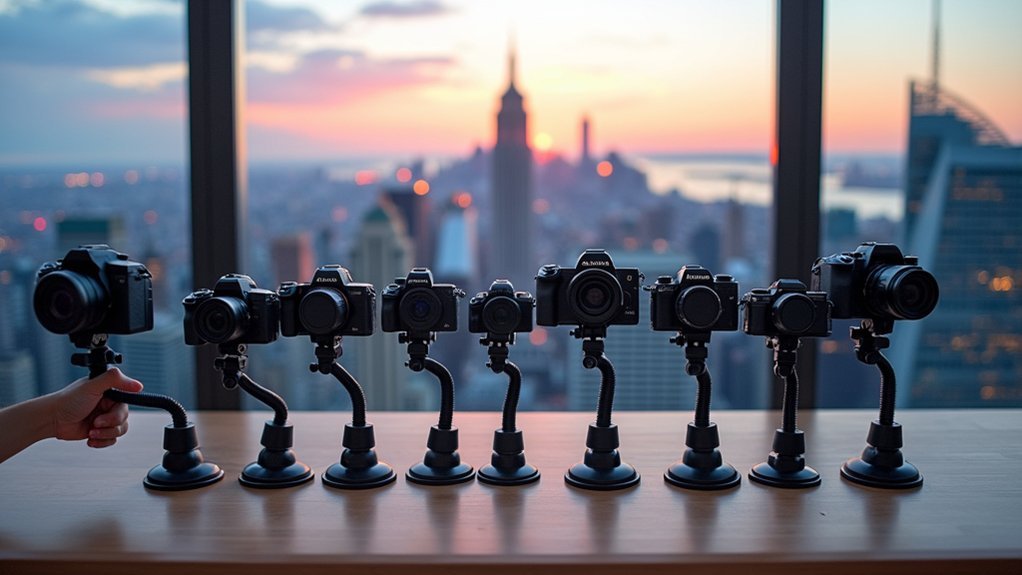
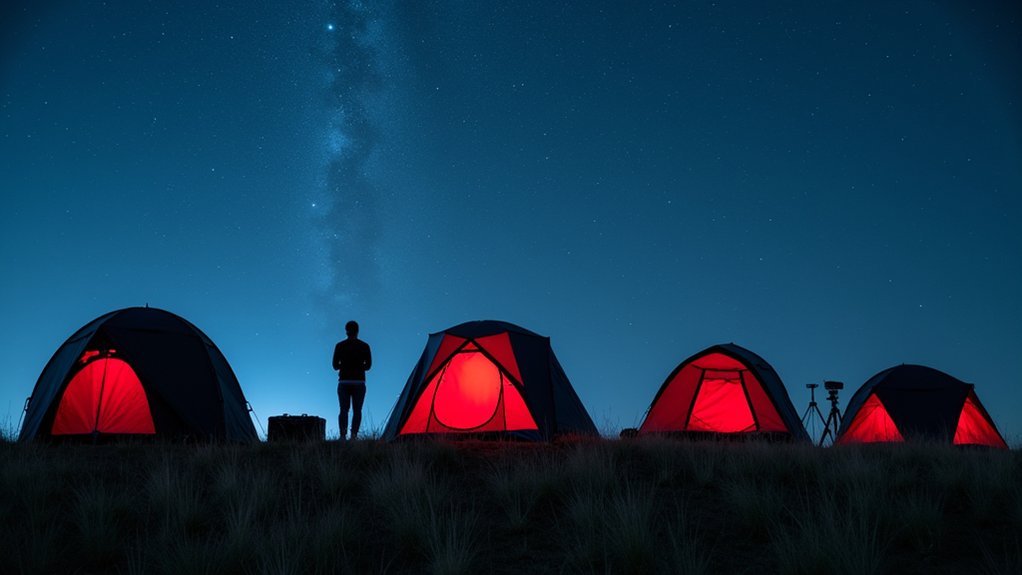
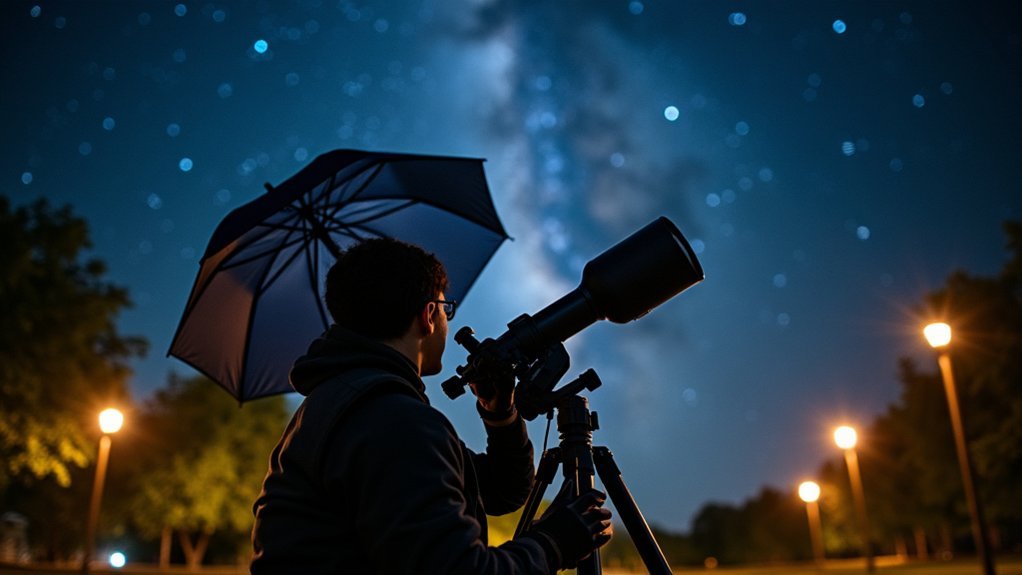
Leave a Reply